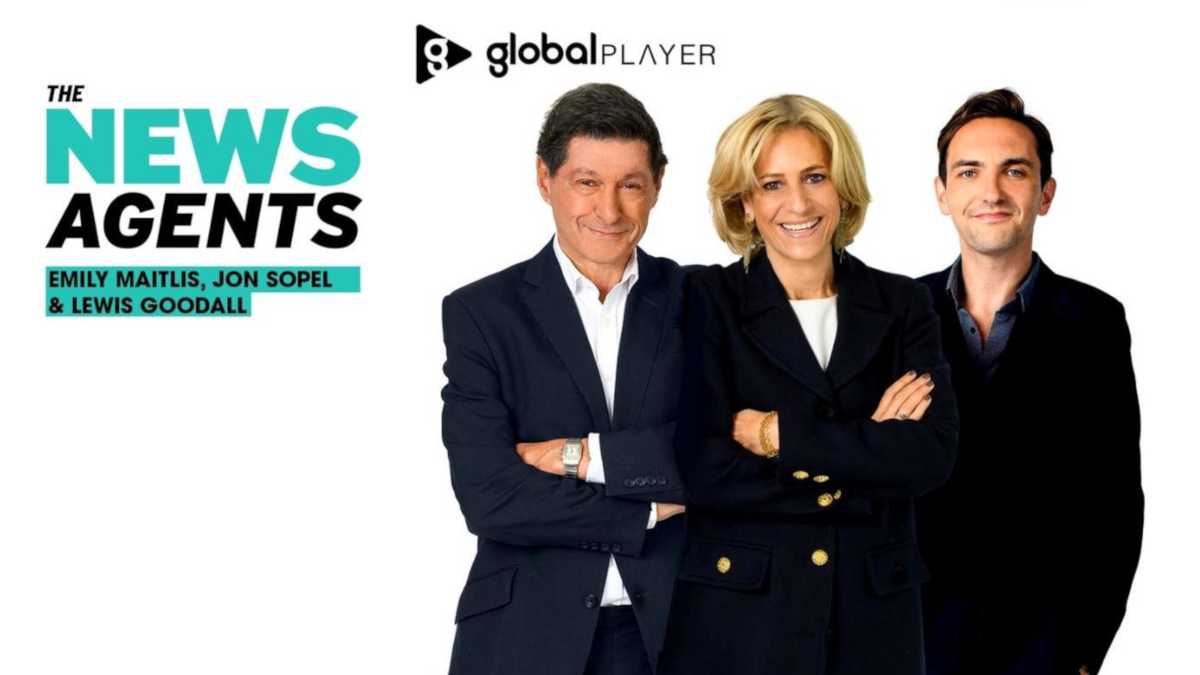This is the year of elections; a seismic year for democracy worldwide
More voters than ever will head to the polls as at least 64 countries take the temperatures of their respective electorate. Whether you’re worrying about the rise of the far right, or by populism, the consequences will be long lasting. With so much at stake, the use of influence is key. Yet the media mix today is convoluted, and highly nuanced — perfectly mirroring the very audience it is intended to sway.
This isn’t a case of tabloid newspaper headlines influencing millions — and their voting patterns — accordingly. In the UK, it was revealed that the opposition Labour Party has engaged influencers to create content on TikTok, thereby shining a light on platforms as weapons in modern political warfare. Yet it is not about mere channels now.
The electorate is more savvy than ever, and more distrustful, too. Media, PR, marketing and the electorate are blurred, entwined and meshed in a symbiotic dance, mutually fuelling one another.
The agency of talent
The electorate has been disenfranchised with politicians for some time and Gen Z audiences have independently sought out their own band of leaders to rally behind; appointing culturally symbolic talent — the likes of athletes, artists, footballers, and film stars. Footballer Marcus Rashford feeding poverty-stricken children was one example, with murals and hundreds of thousands of hand-written thank you letters demonstrating the feeling he elicited. A working class footballer took on a Conservative government, garnered support from every corner of the nation and won; changing legislation in the process. See, too, Raheem Stirling, the Chelsea forward and now a leader of the fight against racism.
Sterling’s unpacking of societal problems around institutional racism was directly related to the tabloid social toxicity he himself endured. Gen Z don’t wait for their leaders. They anoint them themselves using media personal to them, that can reach millions in a moment; with this new band of talent aligned to issues rather than parties.
So, in many ways, talent is the media now.
Long form: The (new) norm
There is a fallacy that only short form works for a world with a waning attention span. The reality is that the electorate must be treated as consumers of entertainment. Use whatever fits.
New monetisation models are related to this shift. Take the migration of news talent into the podcast space where traditional broadcasters could not match the salary opportunity derived from ad-funded commercials.
Emily Maitlis, Justin Webb, John Sopel and Lewis Goodall are all top tier ‘news’ journalists who found their new niche presenting top pods Americast or The News Agents — a longer-form listen enabling ideas which can be incubated over time. The message to politicians and parties is clear: don’t dumb down with throwaway content. Ignore the long-form listening opportunity at your peril.
Seekers of truth
The post-truth era blamed on Twitter was a hot bed of ‘fake news’ which Donald Trump exploited in all his uppercase glory. But rather than merely obfuscate, it has bred a generation of young people obsessed with finding the truth. Community notes on the platform have been a source of pleasure for left-leaning audiences, which see current UK PM Rishi Sunak’s every tweet ‘community noted’ — a clinical response, highlighting and tagging lies.
Meanwhile, in sports like football, fans as young as 14 seek out specific writers such as David Ornstein and Fabrizio Romano as the holy grail, having grown up with a proliferation of publishers spouting gossip without foundation. They do not react until these writers say it is so. In this way, the younger electorate seeks evidence from multiple sources, backing up information like mini sleuths.
I’m with the brand
This is a cluttered environment in which social streams are fit to bursting. Many of us increasingly find solace and trust in those brands we pay most attention to. There is a surprising level of belief in brands, and publishers which, in turn, will carry huge effect come polling day.
Some publishers, like the UK’s Joe Media, make their political allegiance well known and enjoy the success of their stance. But imagine if ubiquitous publishing giants like the LADbible Group did the same. How then could their millions be harnessed?
Brands, too, are being lauded for their ability to harness the power of community. If Gymshark suddenly wanted its consumers to vote a particular way, this sort of community-inspired business would have a huge sway over large portions of the population.
It’s clear that canny political players might do well to tie into those influential CEOs of brands based on community, and see the effect they might be able to cast on their captive audiences.
In this monumental election year it is becoming impossible to separate media, marketing, PR, platforms and the electorate. Those wishing to use it for their own gain will do well to acknowledge the fundamental pillars driving interest, and to swerve the clichéd approaches of yesteryear.
Featured image: The News Agents





























